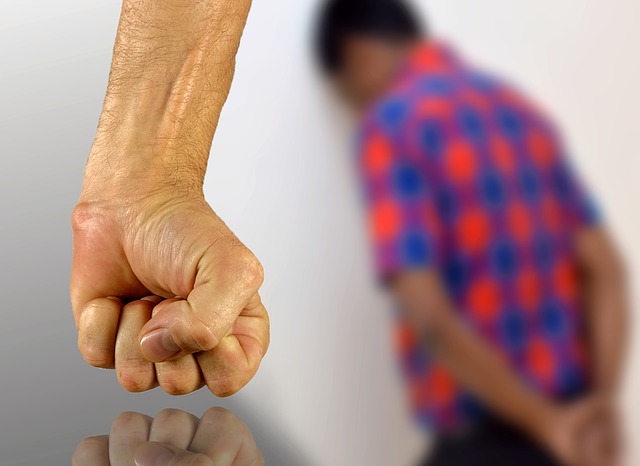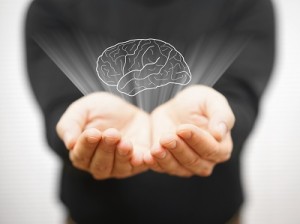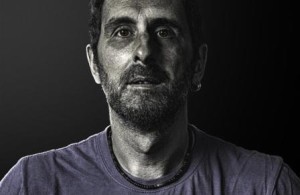
Contributor: Libby Lyons, MSW, LCSW, CEDS writer for Addiction Hope and Eating Disorder Hope.
When you are concerned that your loved one is dealing drugs, you must first realize that whether you deal or are addicted to drugs, both are using drugs. An addiction is a complex disorder characterized by compulsive drug and/or alcohol use. While each drug produces different physical effects, all abused substances share one thing in common: repeated use can alter the way the brain functions.
The Effects on the Brain
 Taking a recreational drug causes a rush of the hormone dopamine in your brain, which triggers feelings of pleasure. Your brain remembers these feelings and wants them repeated. When you become addicted, the substance takes on the same significance as other survival behaviors, such as eating and drinking.
Taking a recreational drug causes a rush of the hormone dopamine in your brain, which triggers feelings of pleasure. Your brain remembers these feelings and wants them repeated. When you become addicted, the substance takes on the same significance as other survival behaviors, such as eating and drinking.
Changes in your brain interfere with your ability to think clearly, exercise good judgment, control your behavior, and feel normal without drugs. No matter which drug you’re addicted to, the uncontrollable craving to use grows more important than anything else, including family, friends, career, and even your own health and happiness. The urge to use is so strong that your mind finds many ways to deny or rationalize the addiction.
Recognizing Substance Abuse
If you are concerned that your loved one is using/dealing drugs, you can look for these signs: A change in attitude. If a person suffering from a substance abuse issue, they will often exhibit extreme changes in attitude. They may suffer from extreme emotional highs and lows. They will start to defy authority, possibly be defiant and show signs of depression or become disinterested.
 Another change may be a change in behaviors. Changes in personality, likes or interests, and lethargic behavior. You may also notice changes in sleep and eating patterns, academic, and social attitudes and the likes. Changes in friends and peer choices may also change. If your loved one is abusing and dealing, they will switch peer groups to those who are using and dealing drugs.
Another change may be a change in behaviors. Changes in personality, likes or interests, and lethargic behavior. You may also notice changes in sleep and eating patterns, academic, and social attitudes and the likes. Changes in friends and peer choices may also change. If your loved one is abusing and dealing, they will switch peer groups to those who are using and dealing drugs.
They may get into legal, financial difficulties. Individuals may also show changes in appearance through lack of personal hygiene and weight loss or weight gain. You may also see an increase in nose bleeds, headaches, increased sweating, and pinned pupils.
The last change you may notice is a shift in physical activity where the individual may no longer have interested in sports, physical activities once enjoyed. Your loved one may spend most of their time lounging or sleeping. If your loved one is a minor, you may notice that family money, prescription medication, or belongings are missing and that it is being sold for substance abuse.
If you are concerned that your loved one is abusing and dealing drugs, seek help through your local substance abuse center. You can call 1-800-662-HELP (4357) with the Substance Abuse and Mental Health Services Administration.
Community Discussion – Share your thoughts here!
There are many symptoms to drug abuse, what types of symptoms has your loved one displayed that led you to believe they may have a substance abuse addiction?
References:
[1]: www.marylandrecoverycenter.com
[2]: www.drugabuse.gov
[3]: www.helpguide.gov
[4]: http://www.dekalbsherifftn.com/Stop-Drugs.html
 About the Author: Libby Lyons, MSW, LCSW, CEDS is a specialist in the eating disorder field. Libby has been treating eating disorders for 10 years within the St. Louis area, and enjoys working with individuals of all ages.
About the Author: Libby Lyons, MSW, LCSW, CEDS is a specialist in the eating disorder field. Libby has been treating eating disorders for 10 years within the St. Louis area, and enjoys working with individuals of all ages.
The opinions and views of our guest contributors are shared to provide a broad perspective of addictions. These are not necessarily the views of Addiction Hope, but an effort to offer discussion of various issues by different concerned individuals.
We at Addiction Hope understand that addictions result from a combination of environmental and genetic factors. If you or a loved one are suffering from an addiction, please know that there is hope for you, and seek immediate professional help.
Last Updated & Reviewed By: Jacquelyn Ekern, MS, LPC on April 24, 2016
